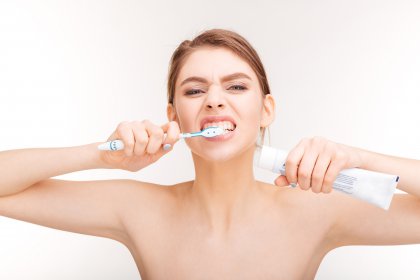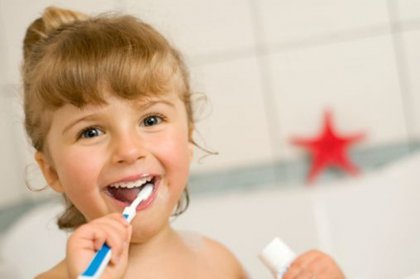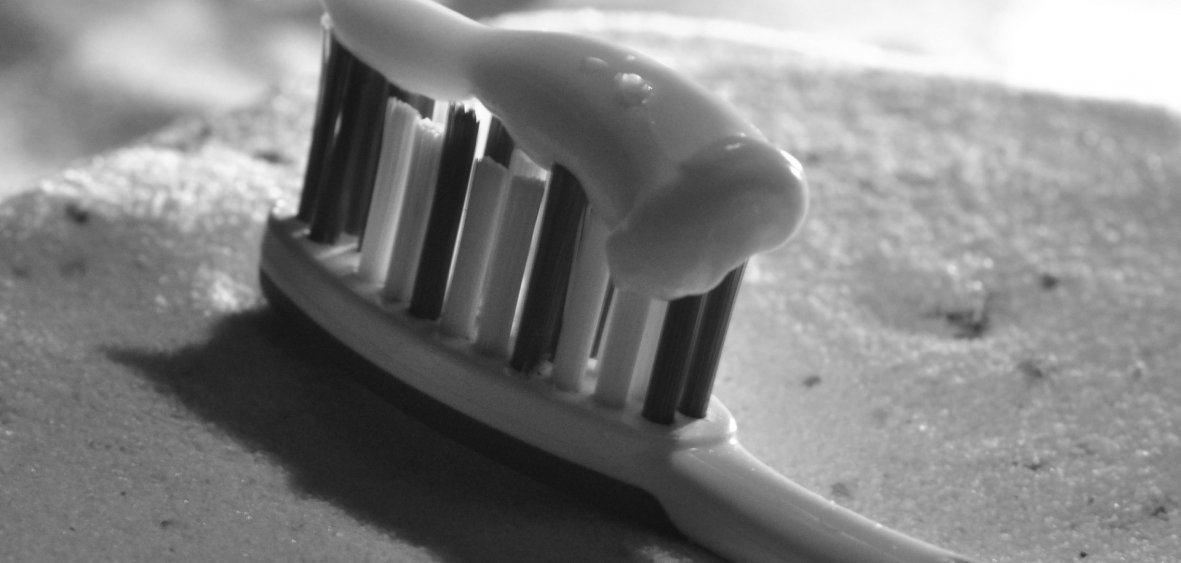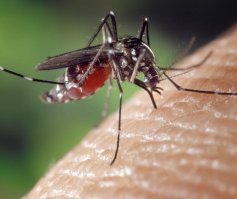 Toothpastes from shop shelves can contain harmful substances such as SLS, titanium oxide or fluorine. Fortunately, we are helped by natural medicine, the healing effects of which have already helped hundreds of people to maintain proper functioning of the body. Oral hygiene is extremely important in everyday life - so we present you with recipes for effective, healthy and natural toothpastes, which can be done at home.
Toothpastes from shop shelves can contain harmful substances such as SLS, titanium oxide or fluorine. Fortunately, we are helped by natural medicine, the healing effects of which have already helped hundreds of people to maintain proper functioning of the body. Oral hygiene is extremely important in everyday life - so we present you with recipes for effective, healthy and natural toothpastes, which can be done at home.
REMINERALISING TOOTHPASTE MADE OF WHITE CLAY
To make this paste we will need the following ingredients:
- 3 tablespoons of white clay
- 1 tablespoon of hot water
- 1 tablespoon of coconut oil
- 1 tablespoon of curcuma (not necessary)
- ½ teaspoon of Himalayan salt
- 10 drops of mint essential oil (also optional)
The first activity necessary to make the paste is to dissolve white clay and salt in warm (not hot) water. Add the rest of the ingredients to this solution and stir until a smooth, homogeneous mass is obtained. Coconut oil is best added in solid form, but if it is summer, it can also be a liquid.

Mixing all the ingredients should give us a beige mass, reminiscent of a pap for children (if we do not add curcuma). It should slightly harden, but when the room temperature exceeds 25 degrees Celsius, the coconut oil will remain liquid. Apply the same amount of commercial toothpaste to the toothbrush.
We should keep this paste in a small glass jar and store it in the bathroom. A portion obtained from the above recipe is enough for a week, so keeping it in the fridge is not necessary, because it will not spoil (and the addition of essential oil will further increase its durability). If you do more paste, you should keep excess paste in the fridge.
The effects of the individual components are as follows:
Coconut oil has an antibacterial effect, is a great protection against infections and has a positive effect on the condition of gums.
White clay has mineralising properties and is rich in ingredients such as kaolinite, aluminium, silicon, iron, zinc, calcium, magnesium, microelements and mineral salts.
Himalayan salt provides many minerals, and its task is primarily cleaning and whitening teeth. In addition, it inhibits the growth of bacteria, heals minor gum wounds and inflammations.
Curcuma - bactericidal, disinfects and bleaches.
Mint essential oil - whitens, preserves the paste and improves its taste (it becomes the same as most commercial pastes).
 Toothpaste based on white clay does not foam as much as other toothpastes, but it does not matter much, and for some it is even more comfortable. An alternative to white clay (e.g. when we can't get it) is bentonite clay, which is also edible. Other clays are not recommended when the paste is to be used by children under 12 years of age.
Toothpaste based on white clay does not foam as much as other toothpastes, but it does not matter much, and for some it is even more comfortable. An alternative to white clay (e.g. when we can't get it) is bentonite clay, which is also edible. Other clays are not recommended when the paste is to be used by children under 12 years of age.
The mint flavour can be obtained by adding about 10 drops of essential mint oil, which also naturally preserves the paste and increases its whitening potential. Xylitol, karob or stevia can also be added to the paste to give it a slightly sweet taste.
The paste should be stored in a separate container for each person (for hygienic reasons).
TOOTHPASTE WITH COCONUT OIL
Coconut oil is a great substitute for chemical fluorides and sulphates that contain shop pastes. It is an effective remedy for caries, but it also improves the condition of the entire oral cavity and protects it from the growth of bacteria and yeasts. Unfortunately, a typical 21st century diet is largely made up of sugar and processed products, which is a great environment for the development of microorganisms. The coconut oil we should use must be unrefined and cold-pressed, as it retains all its nutritional properties.
Composition:
- ¼ glasses of coconut oil
- ½ glass of baking soda
- 4-5 tablespoons of xylitol
- 1 teaspoon of natural mint or clove oil
Preparation: Mix the baking soda with xylitol and coconut oil and add some mint oil to give the paste a mint flavour.
Effects of individual ingredients:
Coconut oil has antifungal and antibacterial properties. It is rich in caprylic acid, so it destroys microorganisms, which are responsible for the formation of caries. It also takes care of the good condition of the gums, reduces their bleeding and has an anti-carcinogenic effect.
Soda is cleaned with a gentle abrasive product which ensures safe teeth cleaning. It has an alkalising effect, i.e. it neutralizes acids, which are the result of harmful effects of microorganisms in our oral cavity. In addition, it absorbs odours (allows you to keep your breath fresh).

Xylitol has an anticorrosive effect and strengthens the process of enamel mineralization. Just like purified soda, it has an alkaline reaction, so it blocks the growth of bacteria and inhibits the fermentation processes in the oral cavity.
The paste should be stored in a separate container for each person (for hygienic reasons).














